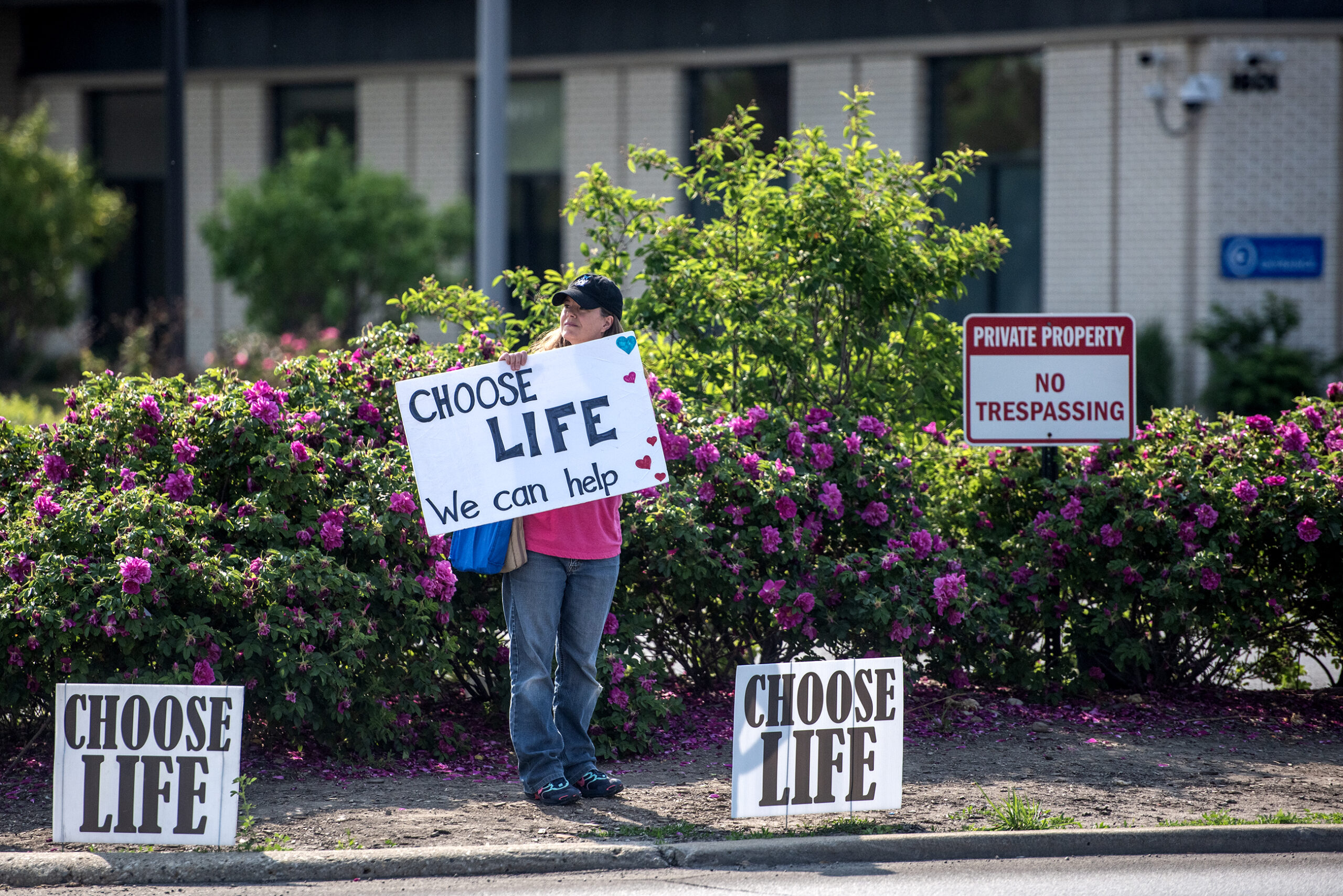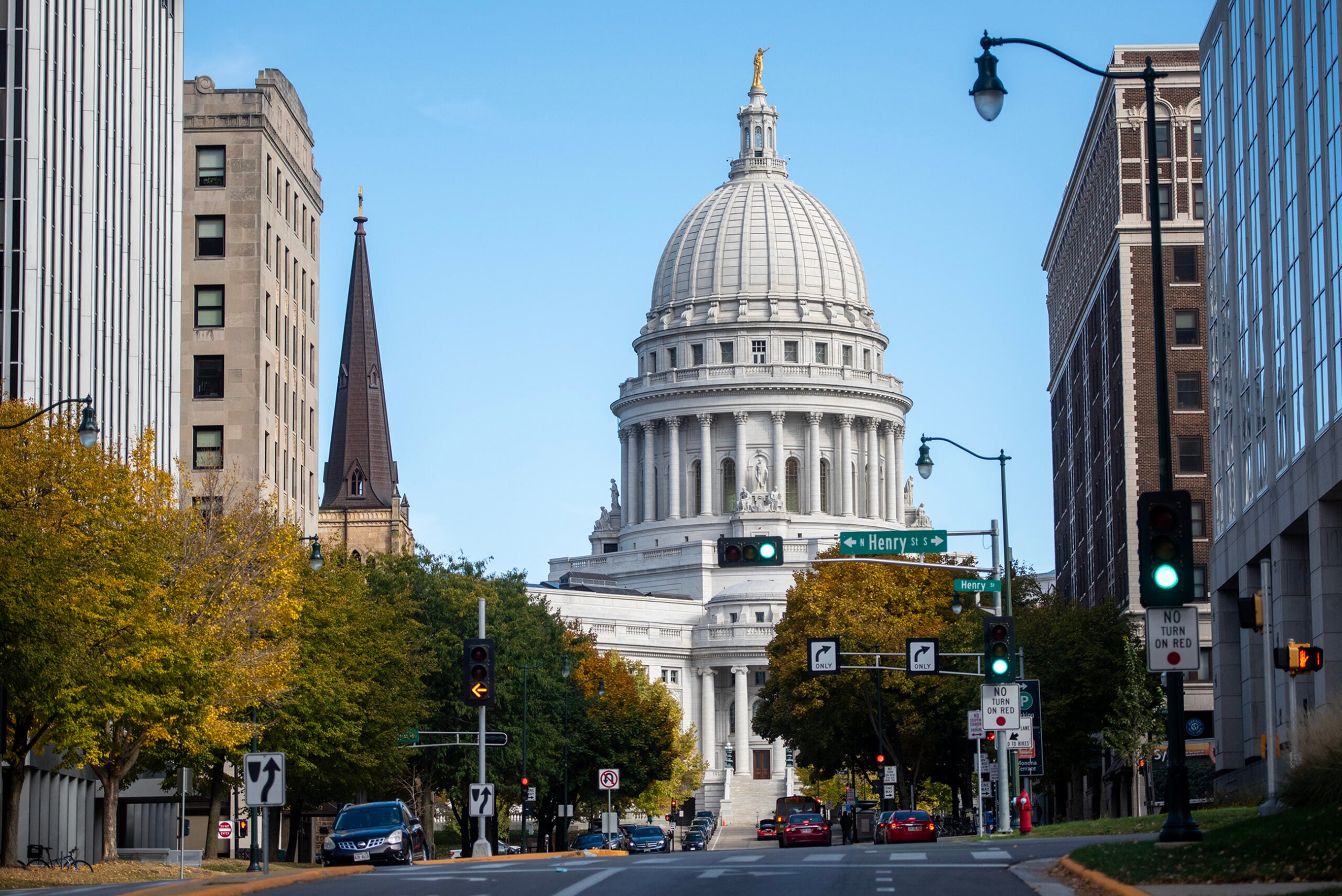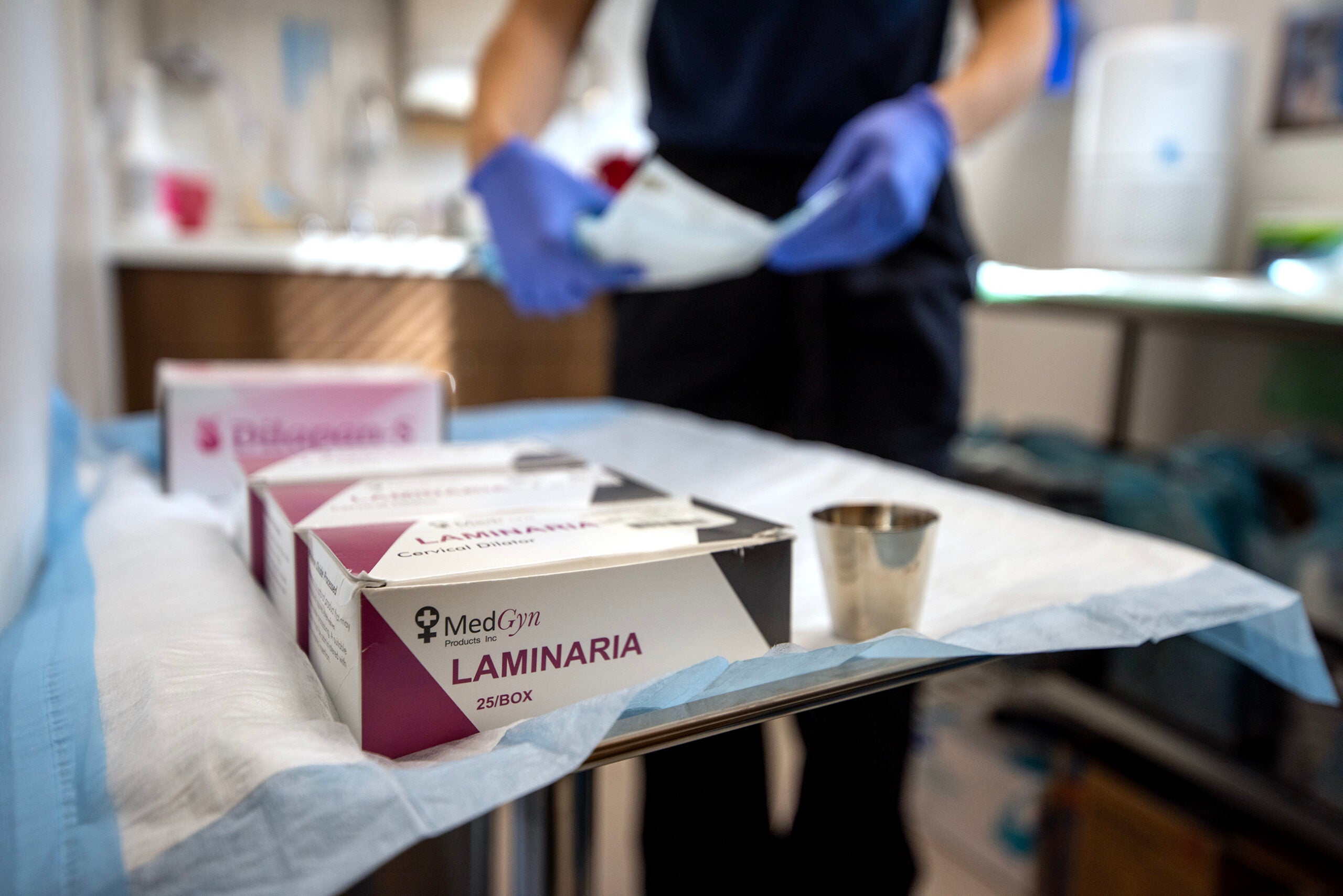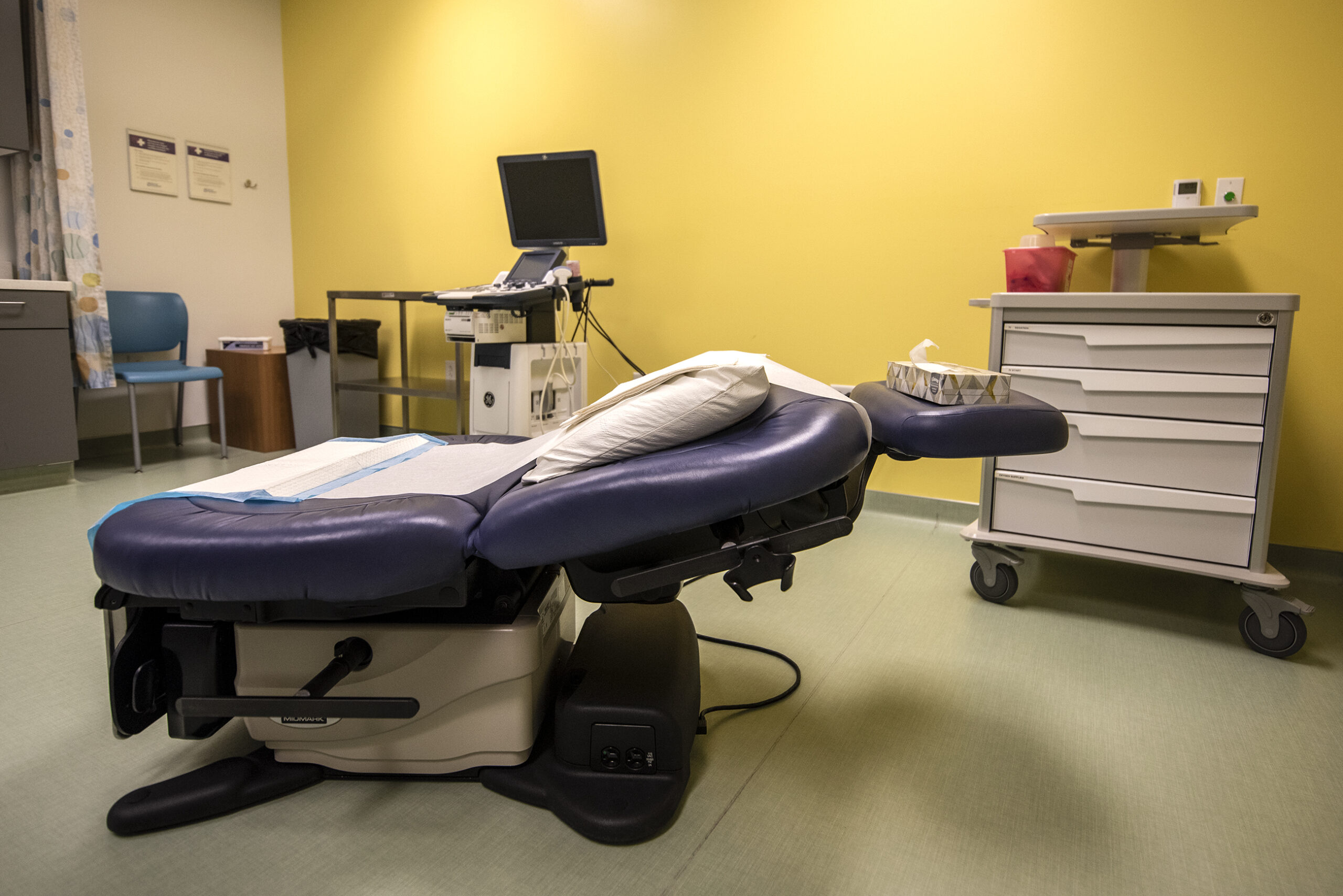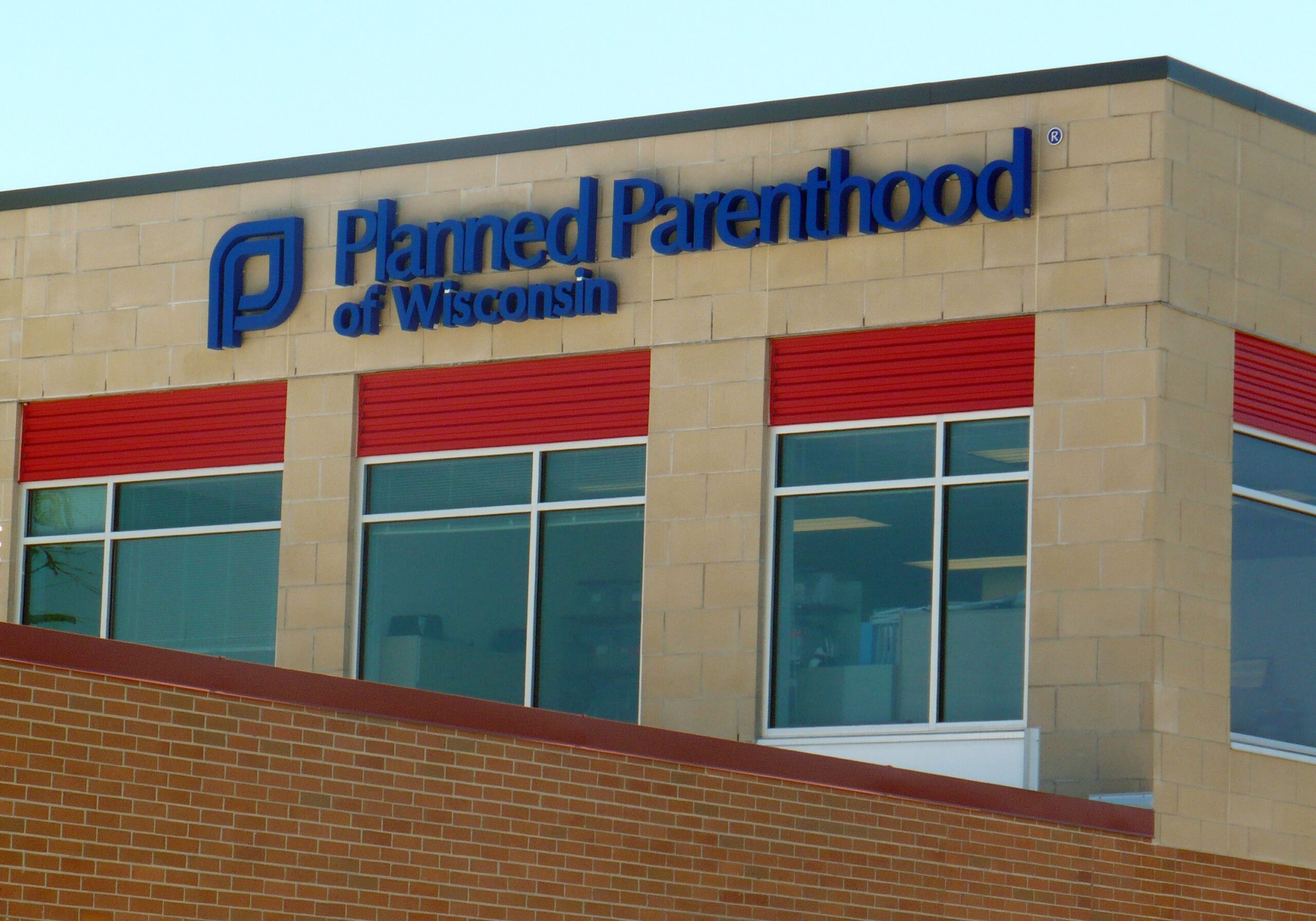As abortion services resumed in Wisconsin this week, and as a legal challenge to the state’s pre-Civil War abortion ban makes its way through the courts, a slate of five proposals aimed at curbing abortion received a public hearing at the state Senate on Tuesday.
The bills would provide $1 million in funding for crisis pregnancy centers, create a grant program to support families considering or going through adoption, and allow a pregnant person to claim a dependent for income tax purposes before giving birth.
Another bill redefines “abortion” in state law to exclude certain medical procedures like attending to a miscarriage or terminating an ectopic pregnancy. The bill’s authors say this is to clarify that, under a generalized abortion ban, patients and doctors would not be punished for receiving miscarriage care.
News with a little more humanity
WPR’s “Wisconsin Today” newsletter keeps you connected to the state you love without feeling overwhelmed. No paywall. No agenda. No corporate filter.
And a fifth bill would prohibit public employees and institutions — including the University of Wisconsin health system — from providing, promoting or teaching about abortion.
Each of the bills is supported by Pro-Life Wisconsin, the Wisconsin Catholic Conference, Wisconsin Family Action, Inc., and Wisconsin Right to Life, Inc. Some have received registered opposition from medical groups.
At a public hearing of the Senate Committee on Licensing, Constitution and Federalism, Sen. Romaine Quinn, R-Cameron, said that while the bills are supported by anti-abortion groups, the full package supports a broad range of families.
“Even for those that find themselves on the other side of this issue, I would just say to try to at least take away the partisanship,” Quinn said. “It increases resources for families, it creates clarity in the law. It helps families adopt children and it extends tax benefits for families.”
Sen. Kelda Roys, D-Madison, has co-authored a bill to overturn the 19th century law that has been widely interpreted as banning most abortions in Wisconsin. In an interview with Wisconsin Public Radio, she argued that the bills don’t respond to the needs of most Wisconsin families.
“I think that most people in the state actually do have quite a lot of common ground in wanting to reduce the need for abortion and provide meaningful support to families and babies who are struggling,” she said. “But unfortunately, the Republican politicians in the state Capitol … continue to double down on abortion bans and the most extreme policies.”
A majority of Wisconsinites — of all political backgrounds — believe abortion should be allowed in at least some instances. A September 2022 Marquette University Law Poll found more than 80 percent of Wisconsinites believe abortion should be legal in the case of rape or incest.
READ MORE: How We Got Here: Abortion in Wisconsin since 1849
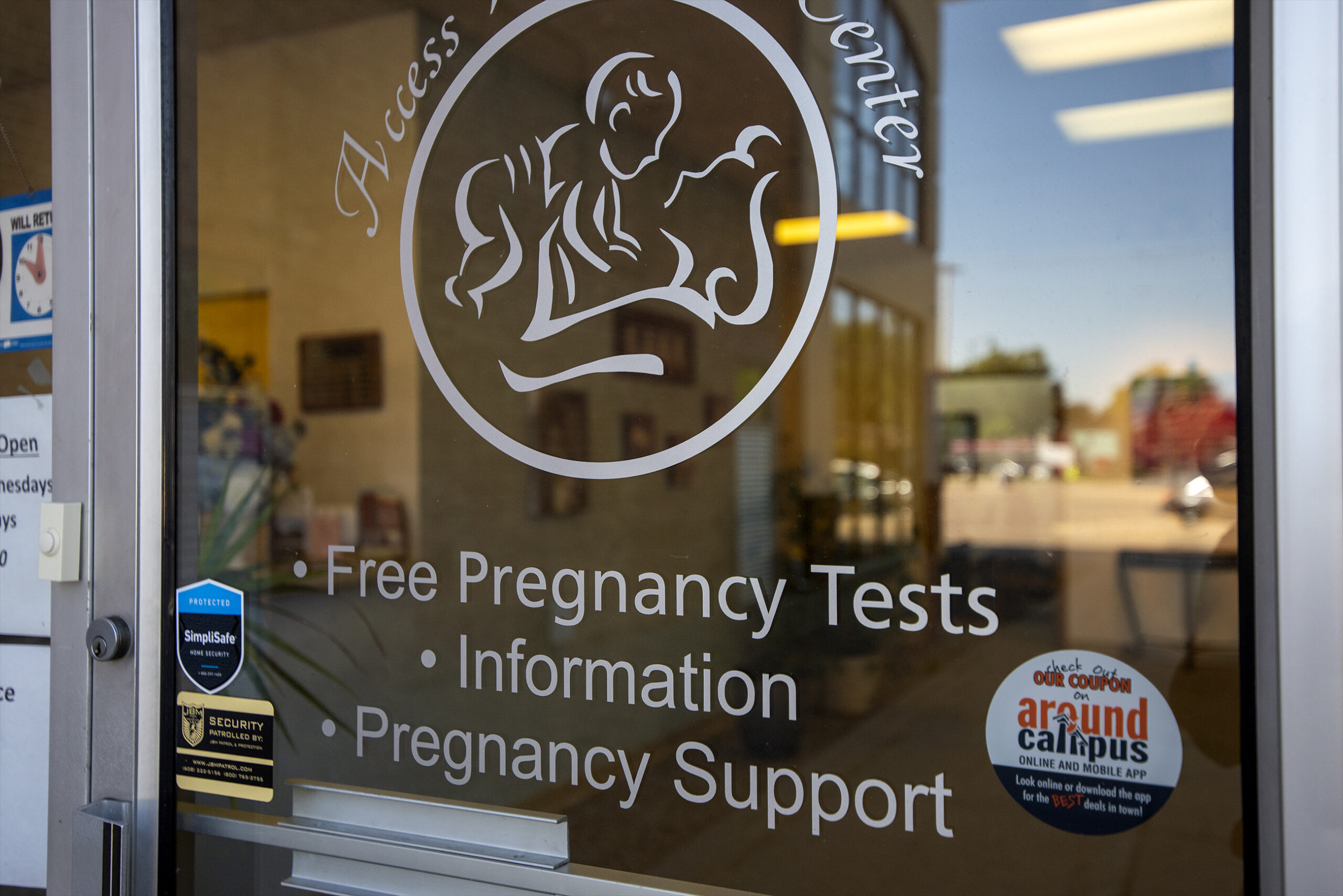
A slate of abortion-related bills
One bill would allow a person to begin claiming a dependent for income tax purposes beginning in the fiscal year that the fetal heartbeat was first detected in a pregnancy. The individual income tax exemption for dependents would also increase from $700 to $1,000. The person claiming the dependent would have to submit evidence from their ultrasound, and could not claim the exemption if they later receive an abortion.
That bill is opposed by the Wisconsin chapter of the National Association of Social Workers.
Another bill clarifies the definition of “abortion” to exclude a “physician’s performance of a medical procedure or treatment designed or intended to prevent the death of a pregnant woman and not designed or intended to kill the unborn child.”
That could include medical procedures like inducing early labor, removing a miscarriage or terminating an ectopic pregnancy, as long as “the physician makes reasonable medical efforts under the circumstances to preserve both the life of the woman and the life of her unborn child in a manner consistent with conventional medical practice.”
Quinn said the bill is designed to quell fears that patients or doctors could be prosecuted for addressing medical emergencies.
“Whether you say you are pro-life or pro-choice, I think we can all agree that clarity is a good thing,” he said. “We don’t live in a perfect world. And we have to face that things can go wrong during a pregnancy. This bill would affirm that in that event, Wisconsin laws protect the medical professional, the mother’s life and of course, the baby’s.”
The bill would also increase the class of felony that a person who provides an abortion would face, raising the possible prison sentence from 12.5 years to 15 years.
Two bills would also fund programs aimed at diverting people away from abortion. One would give $5 million to the Department of Children and Families to award grants to organizations helping people going through adoption. The other would extend $1 million to Choose Life Wisconsin, an anti-abortion group, to award grants of up to $50,000 for crisis pregnancy centers. Supporters of those organizations say that they provide alternatives to pregnant people who might have otherwise chosen abortion, and support them throughout pregnancy and a child’s earliest years.
Opponents say that these organizations don’t provide accurate information and sometimes promote religious doctrine in exchange for care. The American College of Obstetrics and Gynecology has found that a majority of these centers share medical misinformation, such as the debunked idea that links abortion to breast cancer.
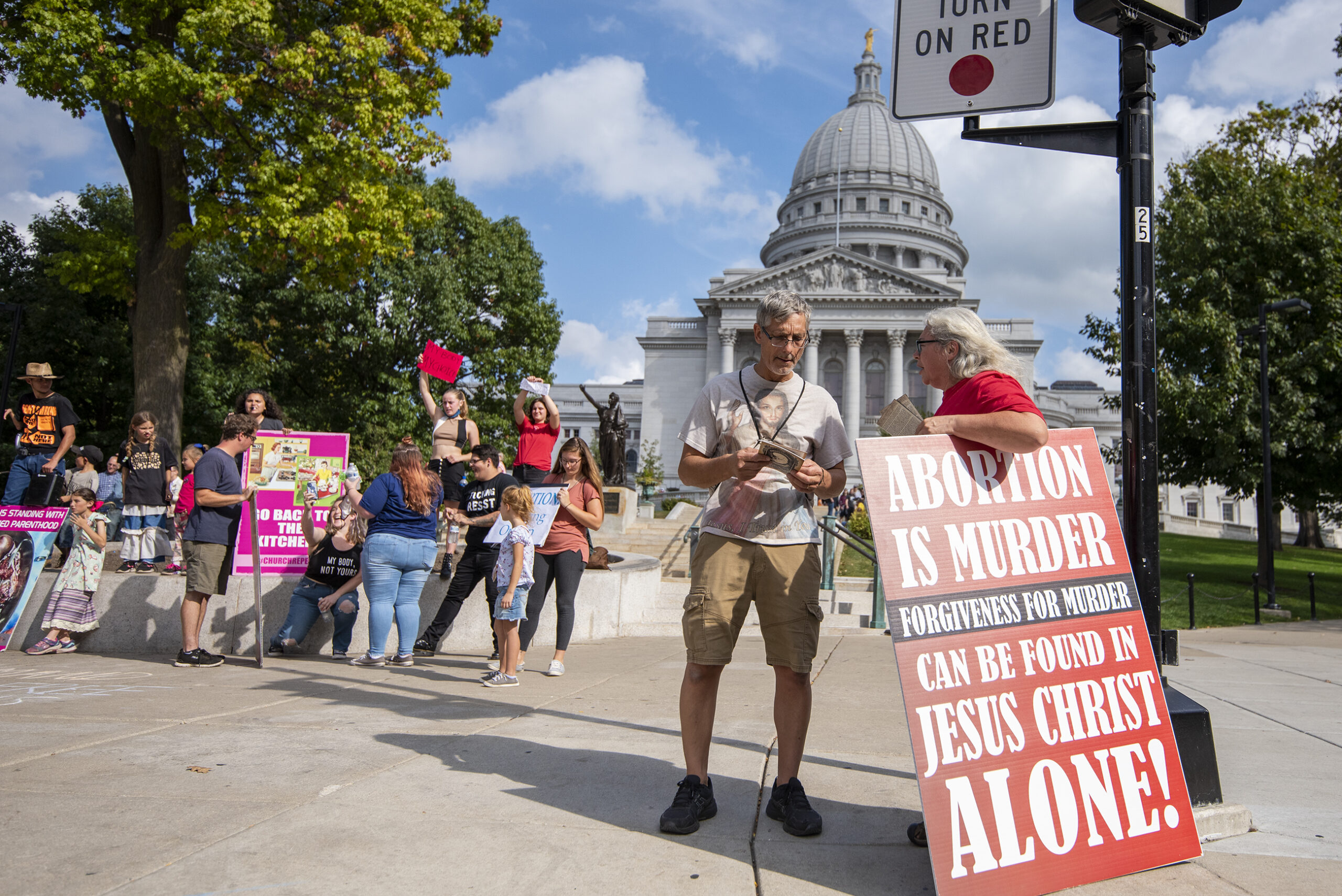
Prohibiting public institutions from providing abortion
The bill that would prohibit public employees and institutions from providing abortion also prohibits them from promoting abortion, making referrals, and training or being trained in those services.
It would also ban any public property being used for those functions.
“While current law prohibits killing the unborn, the bill is a necessary safeguard to ensure taxpayer funds and state resources are not used in relation to promoting and performing termination of life of an unborn child,” said Rep. Elijah Behnke, R-Oconto, who co-authored the Assembly version of the bill.
Roys said that the definition of “public employee” was so broad that it could include her and other Democrats expressing support abortion access.
“It basically prohibits any public employee, state or local official, including me, as a state senator, from providing any information that could be construed to be a referral for abortion,” she said. “And what that means is you’re trying to create a vacuum of information that can then be filled by the anti-choice movement with their rampant falsehoods and attempts to manipulate women.”
The bill is opposed by the ACLU of Wisconsin, the American College of Obstetricians and Gynecologists, Planned Parenthood Advocates of Wisconsin, and groups that advocate against domestic violence and sexual assault.
A fiscal estimate drawn up by the UW System says the bill “would likely result in the OB/GYN residency training program at UW Health losing its national accreditation.” That’s because a national accrediting organization requires that OB/GYN residents have the option to train in abortion care.
That accrediting body has said that it will not cite programs for noncompliance if there is a statewide abortion restriction, but that residents will still have to receive abortion training elsewhere.
Wisconsin Public Radio, © Copyright 2026, Board of Regents of the University of Wisconsin System and Wisconsin Educational Communications Board.

